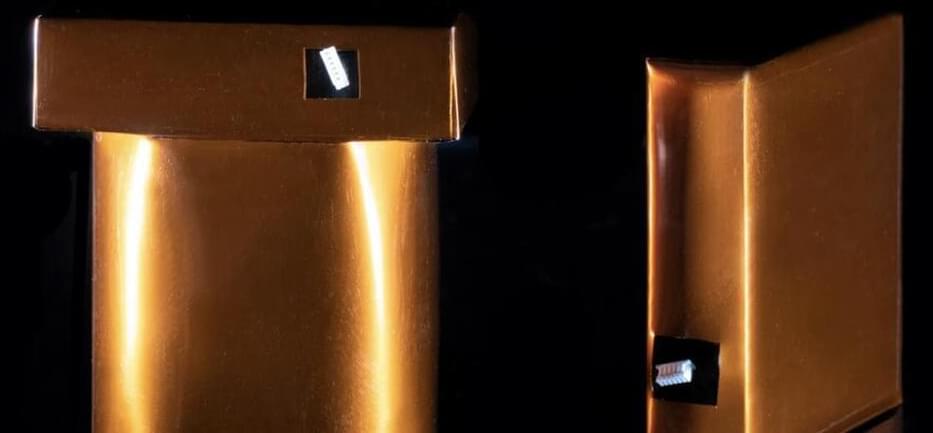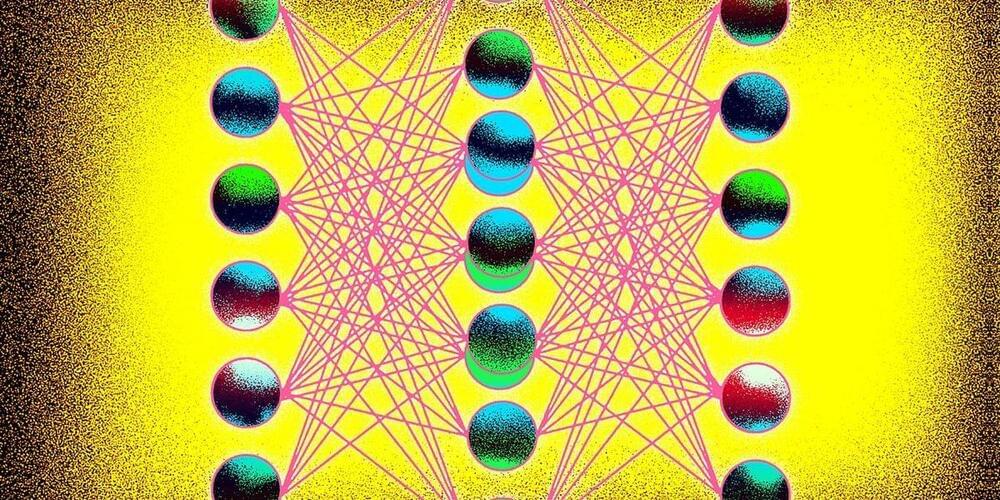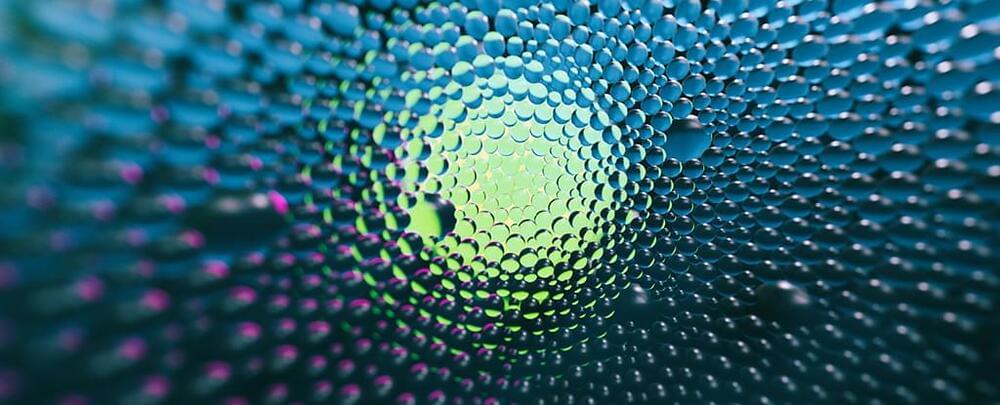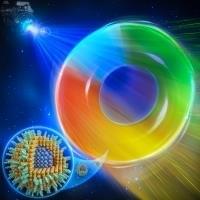Nov 17, 2023
Dark Matter Might Be Recycled To Form A Whole Invisible Periodic Table
Posted by Paul Battista in categories: chemistry, cosmology, particle physics, quantum physics, sustainability
Our current best understanding of the universe requires the existence of an invisible substance known as dark matter. The exact nature of dark matter (or its actual existence) is still unknown, and there are multiple competing theories to explain the effect of this matter on the Universe. An exciting new one is called Recycled Dark Matter.
The idea behind Recycled Dark Matter is that dark matter is produced in a specific mechanism that researchers have dubbed “recycling” in a paper awaiting peer-review, because dark matter forms twice in the universe, with weird quantum mechanics and a black hole phase in the middle. All of that just a few instants after the beginning of the cosmos.
So, let’s take a journey back about 13.8 billion years. You don’t have to move, because the Big Bang happened everywhere. At the very moment that time as we know it starts ticking, the fundamental forces and the building blocks of particles we know of (the Standard Model) are in equilibrium with the Dark Sector (we know it sounds like a bad fantasy novel location, but bear with).

















